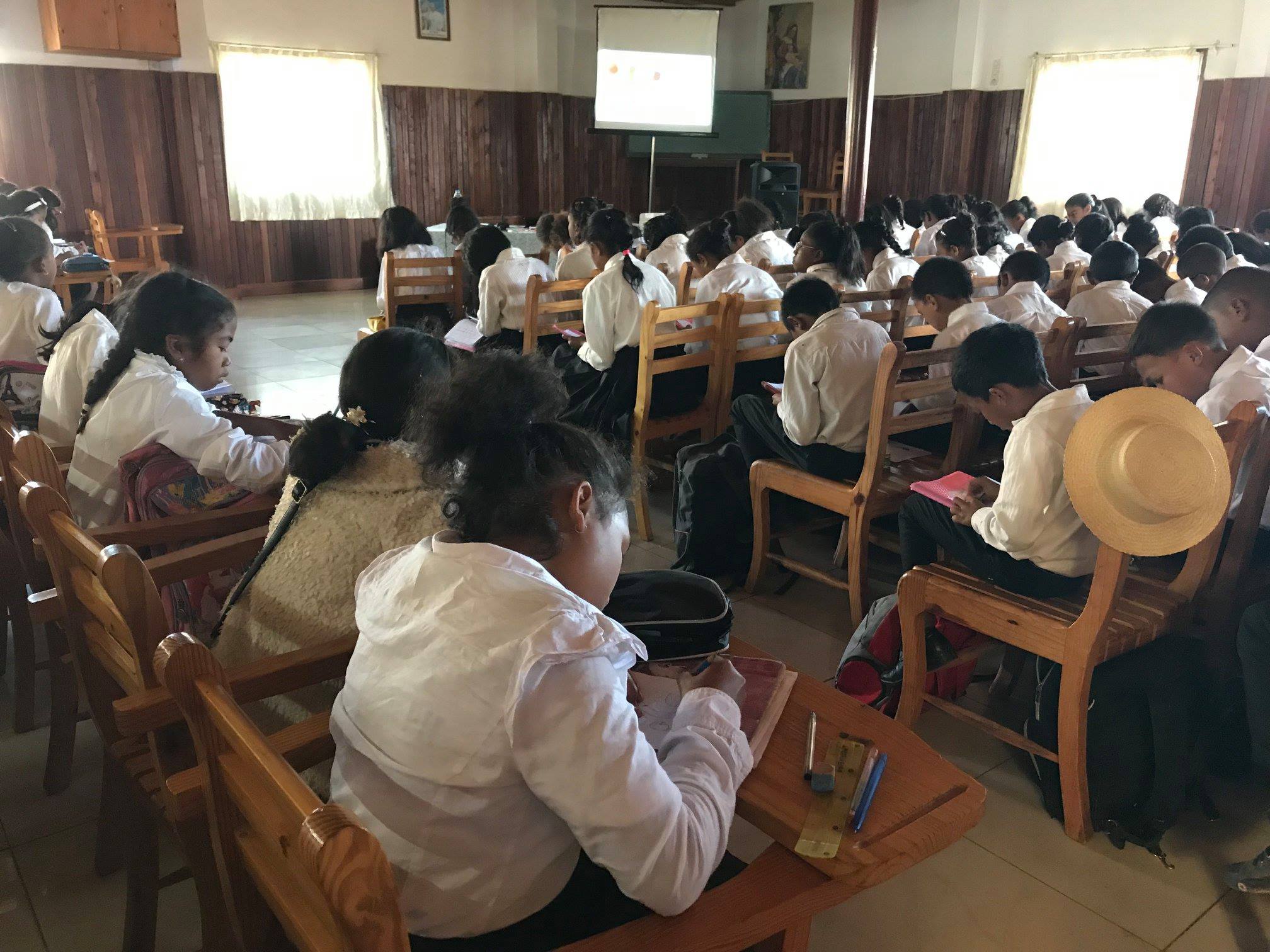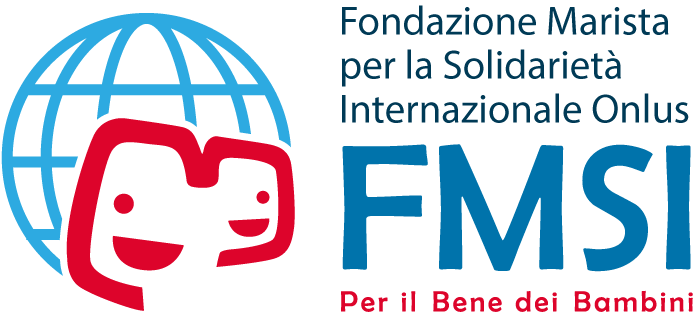
Universal Periodical Examination of Madagascar, Italy, Bolivia and El Salvador
Last week of March, FMSI presented four new reports to the United Nations for the Universal Periodical Examination of Madagascar, Italy, Bolivia and El Salvador.
The documents were carefully prepared, over a number of months, for the Brothers and lay Marists in their respective countries, each one of them being supported by other Catholic organizations and the civil society.
Next October there will be the opportunity to plead for them and to position the recommendations to promote the human rights of minors and young adults.
These are the topics that will be promoted for each country:
Madagascar: the rights of minors (economic and sexual exploitation, violence, registration of births, children living in streets) and education (access and free primary education, desertion, access to secondary education, quality of the education).
Italy: national institution of human rights; children and migrant young adults; psychological abandonment of minors; right of the families to their choice of education.
Bolivia: participation of children, adolescents and young adults; under-age work; sexual violence in adolescents; violence against women.
El Salvador: pregnancies in adolescents; children and adolescents affected by the "gangs"; education of quality and appropriate infrastructure for learning.
Universal Periodic Review – UPR
It is a process carried out by the Human Rights Council (HRC).
 It consists of the periodic review of the fulfillment of human rights in each of the member states of the United Nations. This process consists of the following phases:
It consists of the periodic review of the fulfillment of human rights in each of the member states of the United Nations. This process consists of the following phases:
- The State presents the report about human rights in the country;
- Exam and Interactive Dialogue between the State under review and the States party to the CHR and the observer States
- Adoption of the HRC report – Non-Governmental Organisations can address the State and members of the HRC orally
- The last phase involves both the State and NGOs and National Human Rights Institutes interested in implementing the recommendations.
This process constitutes a cycle that lasts four and a half years, so when this period ends the State is again examined by those who make up the HRC.
FMSI has participated in the elaboration of 44 reports, with the cooperation of other NGOs or alone (13 in America, two in Europe, 13 in Africa, nine in Oceania and seven in Asia).

